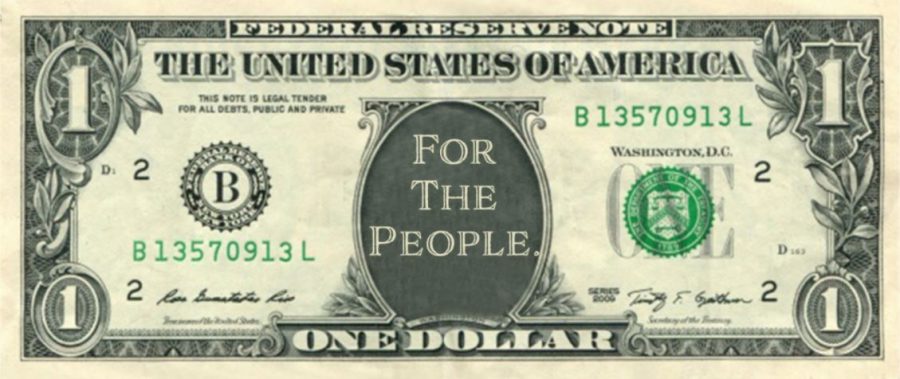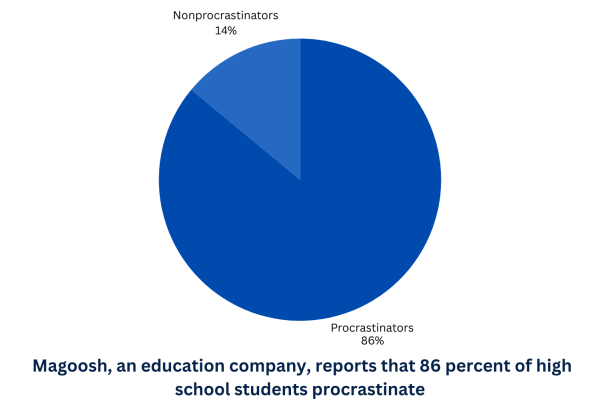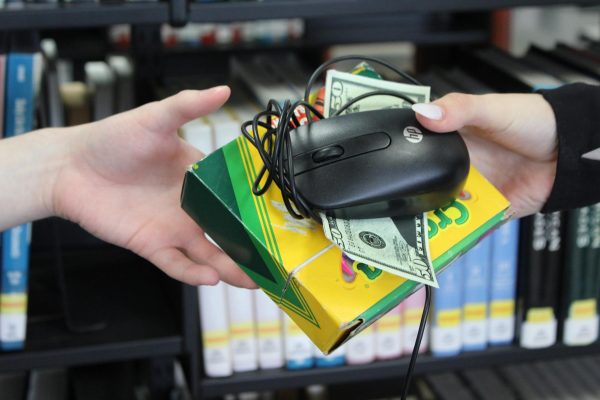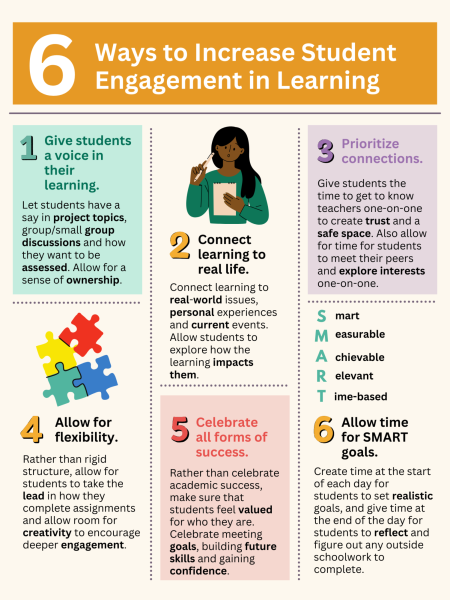Cash is King
In the age of COVID-19, credit cards have become much preferred over cash simply because they are easier to handle and avoid contact with passing money. Credit cards may seem more convenient than cash because they give you the ability to buy now and pay later without having to worry about carrying wads of bills everywhere. But really, cash is king.
Increased Spending
The difference between swiping a piece of plastic and handing over paper currency doesn’t seem that different, but in reality, there is a good deal of psychology behind it. Many studies have shown that people often spend more – if not substantially more money – when using credit cards compared to using cash. Cash is more tangible and you can see the value it holds. When you spend it, you can see it leave your wallet, and process you have lost that amount of money. The widespread use of credit cards and programs like Venmo make it hard for people to truly realize how much they are spending.
A study by Drazen Prelec and Duncan Simester, professors at Massachusetts Institute of Technology, proves this point. In the study, random participants were offered the opportunity to purchase very exclusive, sold-out tickets to a basketball game. But there was a catch. 50% of participants were told that they had to pay cash for the tickets and the other half were told they had to pay by credit card. The people who were told to pay by credit card were willing to pay twice as much on average as those who were paying cash for the tickets. They basically were willing to pay a 100% premium on the tickets.
Another study done by the Federal Reserve Bank of Boston found that the average value of a cash transaction was $22 compared to a $112 non-cash transaction. Even McDonalds found that the average bill was $7 for credit cards, compared to the average bill of $4.50 for cash.
The way people are willing to pay more just for the convenience of a credit card proves the point that consumers are not realizing the real value of the item they are purchasing.
Online Impulse Transactions
Credit cards also have another shortcoming – online impulse transactions. Imagine shopping on Amazon late at night. With the ease of online shopping you can shop anywhere at any time. You just want a new TV so you pull the trigger. It’s so easy to buy, and you won’t get a bill for maybe another month – right? Wrong. You just spent maybe $500 on a TV you may not even need. Online shopping can increase your mood and even be addicting for some due to the fact that the money can’t tangibly be seen leaving your pocket.
A study published by the Journal of Consumer Research concludes that people who pay with cash enjoy the product they purchased more compared to people who used credit cards because they don’t have to worry about that future bill that they may or may not be able to afford. Because cash is viewed as “real money,” consumers feel the emotional attachment by seeing their hard earned money put to use in a product they purchased.
Credit Card Eligibility
With the push towards a cashless society, it seems like credit cards are easy to get and use-like banks want them to seem. But getting a credit card isn’t easy. It requires a commitment that some people potentially may not be able to hold.
Getting a credit card requires you to be in good financial shape. Being in good financial shape means you are paying your bills on time and have good credit. Nearly 1 in 4 Americans can not get approved for a credit card according to CNBC. Cash must stay mainstream and easily accessible if this statistic continues to be the case. Consumers must be able to use their hard earned money the way they are physically able to keep our economy running efficiently.










